Top 10 Mysteries of Human Behaviour That Science Fails to Explain
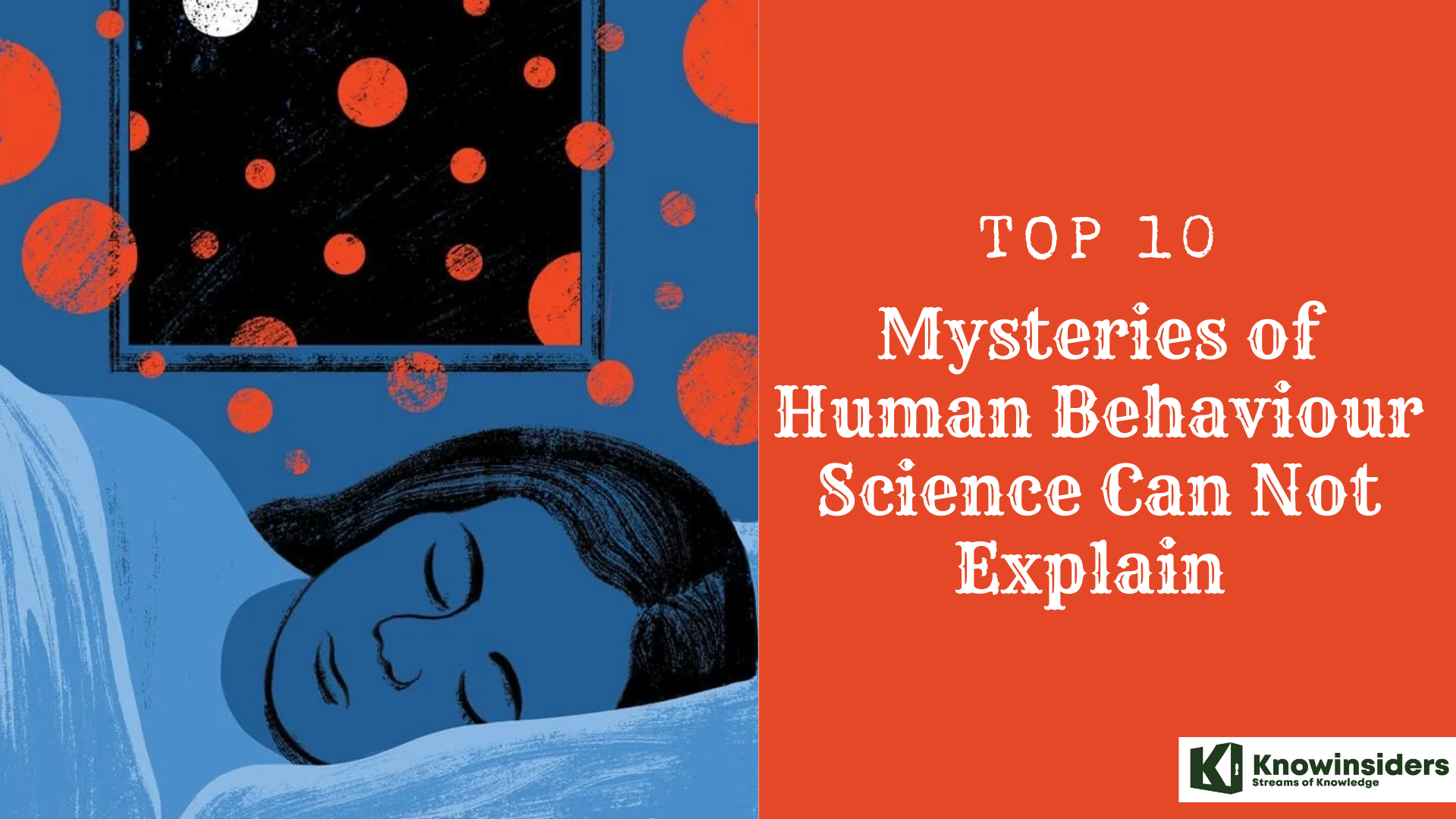 |
| Top 10 mysteries of human behaviour science can not explain |
Scientists have split the atom, put men on the moon, and found the DNA that makes us human, but they still don't fully understand some things about how people act. Why do we dream, kiss, blush, or feel shy? These are the basics of how people act, and scientists still don't know what to think.
Here is a list of things about human behavior that science still doesn't understand. But first, let's talk about why scientists have a hard time explaining how people act.
What is Human Behaviour?
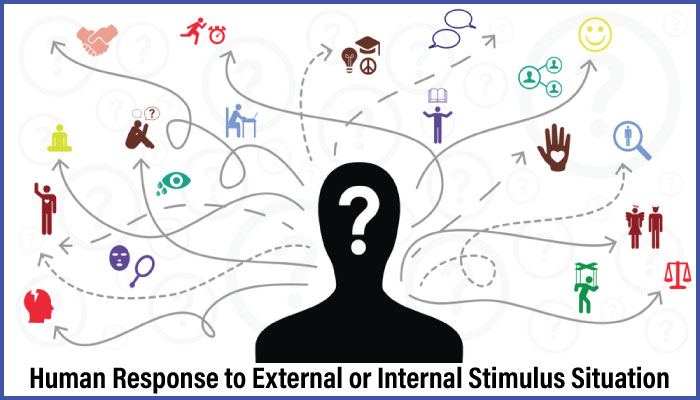 |
| Photo: Textile Apex |
Human behavior, the capacity for physical, mental, and social activity throughout life.
Like other animals, humans grow through stages with distinct physical, physiological, and behavioral traits. Pregnancy, infancy, childhood, adolescence, and adulthood (including old age). Developmental psychology studies how human cognitive, emotional, and behavioral abilities and functioning change from fetus to old age.
Due to the rapidity and magnitude of psychological changes during birth through early adolescence and the fact that they culminate in the optimum mental functioning of early adulthood, most scientific research on human development has focused on that period. Many researchers have sought to understand how adult mental abilities developed during earlier stages.
Humans, like other organisms, have a spectrum of behavior, from common to unusual, acceptable to unacceptable. Due to the conformist nature of human society, social norms and social control heavily influence behavior. Social norms also condition behavior by pressuring humans to follow certain rules and exhibit certain behaviors that are acceptable or unacceptable in this society or culture.
Social sciences like psychology, sociology, economics, and anthropology study human behavior. Behavior in sociology includes all basic human actions, including meaningless ones directed at no one. Social behavior is different from general behavior. Social behavior—actions directed at others—is influenced by social interaction, culture, ethics, social environment, authority, persuasion, and coercion.
Human behavior theories
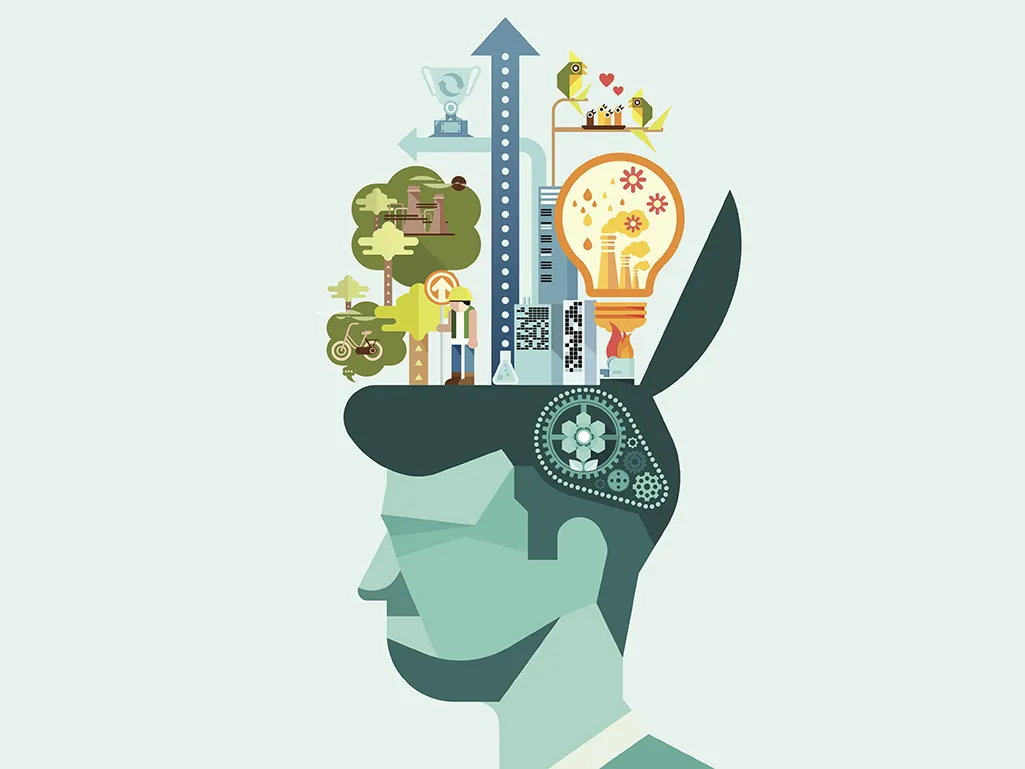 |
| Photo: WIRED |
Conditioning is a popular theory for explaining behavior. Conditioning is training someone to act a certain way. Different people respond differently to the two main types of conditioning. Teaching people how to behave can lead to moral or ethical arguments, especially if it's not in their best interests. Some say people are naturally programmed to act a certain way.
Classical conditioning teaches people to associate stimuli with outcomes. After conditioning, people are often encouraged to behave in ways that make them happy and pleasurable. If they perform better when they follow their instincts rather than the rules, someone is more likely to be a nonconformist and take risks. Classical conditioning doesn't require one person's actions or manipulations. This conditioning can come from society or frequent exposure.
In summary, operant conditioning regulates human behavior with positive and negative reinforcement. People usually associate breaking rules with legal issues if they keep getting in trouble. Someone who consistently prepares for and excels on tests associates studying with good grades. People tend to avoid uncomfortable situations and seek happiness and self-gratification. These are some ways classical and operant conditioning may affect behavior.
Cognition, the theory that thoughts, inner guidance, motivations, etc., determine behavior, is widely accepted in human behavior research. This theory emphasises the importance of people's internal states and claims that their thoughts, feelings, and struggles will affect their behaviour. Of course, psychology, mental health, and other research supports cognitive theories of human behavior. Much of our material world was once in someone's mind.
Human Behavior And Self-Control
Numerous benefits to society have resulted from a deeper understanding of human behavior. This is an indisputable fact, but self-control is still highly relevant despite definitions, theories, and categories of human behavior. When it comes down to it, your behavior matters because you are ultimately responsible for your actions. When things are going well and you don't have your back to the wall, controlling yourself and acting appropriately come naturally to you. Nevertheless, what ends up being most defining is frequently how one behaves when faced with stress, anxieties, and difficulties.
Self-control is important because it dictates whether you maintain your composure in the face of difficulty or misfortune. It will be far more difficult for someone with poor self-control to avoid trouble than for someone with self-control. Being self-controlled does not guarantee that you will never become irate. Your personality, interests, and attitudes will still be important, but when you have self-control, you can take charge of these things rather than letting them control you.
When it comes to human behavior, consequences are an unavoidable factor, whether they are positive or negative. Whether you encounter favorable or unfavorable results depends on the decisions you make and the actions you take. Your ability to control your behavior and keep yourself away from unfavorable outcomes is a sign of self-control. People have looked back on countless occasions and either felt grateful that they were able to exercise self-control or wished they had done so more effectively.
 Where And How Did The First Humans Born On Earth? Where And How Did The First Humans Born On Earth? |
The list of top 10 mysteries of human behaviour science fails to explain
10. Shyness
 |
| Photo: Getty Images |
Shyness, which encompasses embarrassment, timidity, a fear of rejection, and a reluctance to be inconvenient, is both common and mysterious. Is it just feeling? Personality-defining illness? Form of anxiety? Some people live with shyness, managing its flushes and flashes like a chronic disease. However, it can strike even the most social and graceful people without warning. It can appear as an uninvited mute smile in an elevator with a stranger.
The monster of shyness is inconsiderate. In his wonderful new book, Shrinking Violets: The Secret Life of Shyness, cultural historian Joe Moran argues that it is an inconsiderate monster that has been a reliable, if mostly invisible, companion to human history. Shyness is now associated with a wide range of conditions in the US, from occasional timidity to general awkwardness, stage fright to social anxiety disorder. This imprecision fits: Moran suggests that shyness is a regular but irregular interloper in human affairs, affecting people across ages, countries, and cultures. Shyness is sometimes a curse. It's sometimes deadly, Dr. Heimlich said.
Moran believes shyness can be a gift, allowing introversion to foster creative thinking and genius that might otherwise be elusive.
Shyness, which is emotionally linked to shame, is often blamed. Shyness is suspicious in a culture that values self-confidence and assumes social skills are external signs of self-respect. In a noisy world, quietness is an easy enemy.
Shyness is sometimes suspected and pathologized on social-evolutionary grounds. Shy people are conducting a “unintentional breaching experiment” when they beg off or turn away, according to sociologist Susie Scott. They deviate from society due to their shyness.
9. Art
 |
| Photo: My Modern Met |
Since prehistory, art has been everywhere. Art, music, dance, writing, and plays are created. People enjoy art. Nobody knows why they like art, but they do.
Artists often talk about self-expression through art. That's also hard to explain. What motivates people to express themselves? Why don't people keep their thoughts and feelings to themselves?
Naturally, that's not human. People want to express themselves—what they think, feel, and are—but why is unclear. What makes self-expression so important to humanity?
Why do some people prefer artistic expression over telling others what they're thinking and feeling more directly and symbolically? If we can answer that question, we may better understand art's mystery.
Long periods of writing, painting, composing, or dancing can get artists lost. Some people do art to enter a state of flow, which is very pleasant. Some people enjoy flow while watching a moving musical performance, looking at a beautiful painting, or reading poetry.
Why is it so hard to answer a simple question like “Why do people create art?”
The difficulty of studying spontaneous artistic activity in controlled laboratory conditions makes it difficult to dissect and identify its causes.
Knowing they're in a study usually shuts down the psychological processes that drive artistic behavior. They no longer make art for the same reasons they do in daily life.
This is why many of our mysteries remain mysteries. Some aspects of people's thoughts, emotions, and behaviors are hard to replicate for controlled experiments.
 10 Biggest Historical Mysteries In The World That Can Not Be Solved 10 Biggest Historical Mysteries In The World That Can Not Be Solved Not all mysteries will have an answer for it, and some will remain secrets forever. Here is the 10 biggest historical mysteries in the world ... |
8. Adolescence
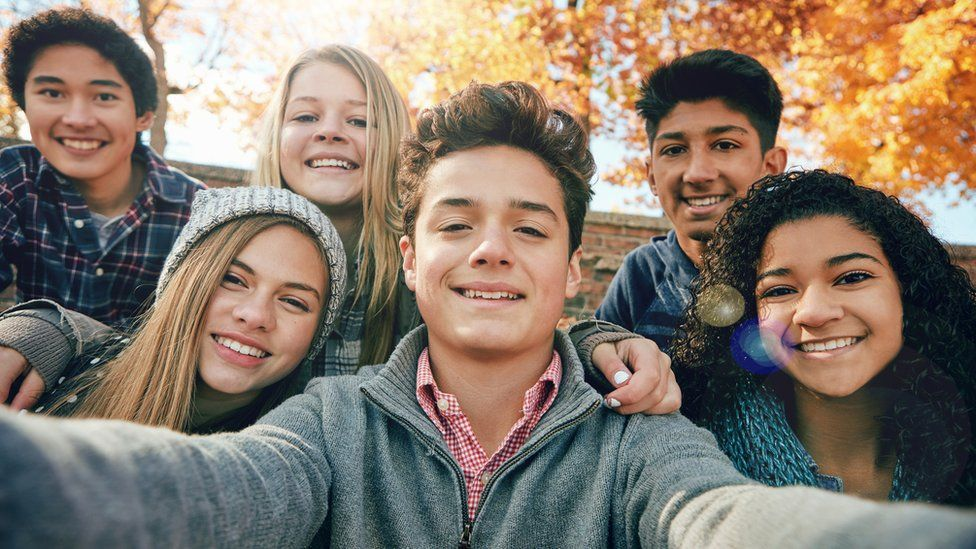 |
| Photo: Getty Images |
Many of a person's traits change from childlike to adultlike during adolescence. Although body changes are most obvious, thoughts, behavior, and social relations also change drastically during this time. Individuals and characteristics affect the rate of such changes.
Although adolescent physical and physiological changes vary, most people follow a general sequence. Phases of bodily changes in adolescence help distinguish between different degrees and types of change. Physical changes affect height, weight, fat, muscle, glandular secretions, and sexuality. When some of these changes have begun but most have not, the person is prepubescent. Pubescence is when most bodily changes begin. Final bodily changes occur in the postpubescent phase, which ends when all adolescent bodily changes are complete.
Adolescence's physical and physiological changes affect cognitive and social functioning alike. Teens have qualitatively different thoughts about their “new” bodies and selves. Beginning around puberty, the formal-operational mode of thought emerges, characterized by reasoning and abstraction, in contrast to sensorimotor and spatiotemporal modes, which Piaget says characterize infancy and childhood.
Adolescents have a more complex social context than infants and children. Adolescence's most notable social phenomenon is peer group importance.
7. Picking Your Nose
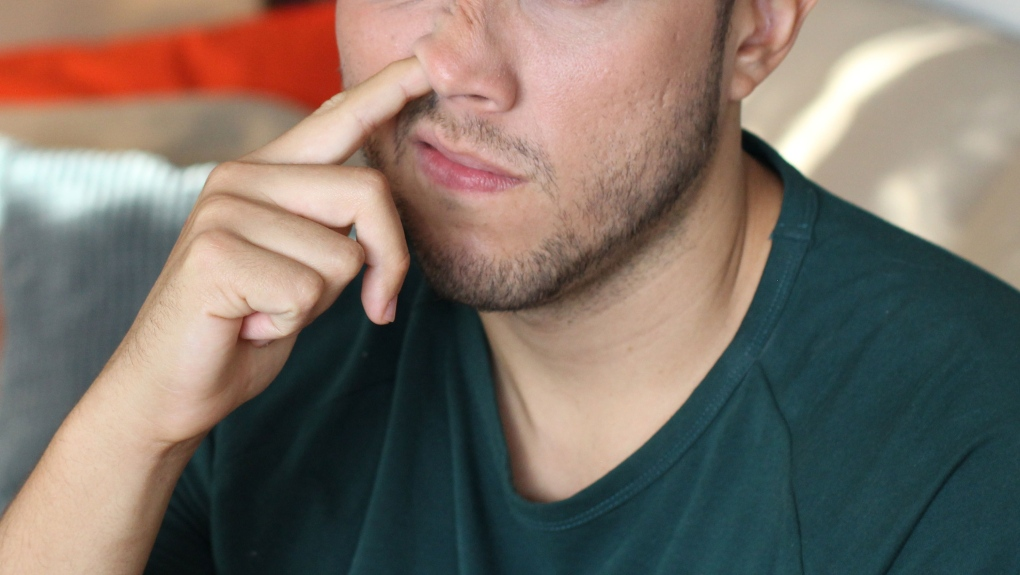 |
| Photo: Shutterstock |
Picking your nose is an odd habit. An article from 1995 says that 91 percent of people who answered the survey said they did it, while only 75 percent said they thought "everyone does it." To put it simply, we all stuff our fingers up our behinds every once in a while.
Why different people pick their noses is likely not the same. It can be irritating if your nose is dry or too wet. A quick pick can help with some pain.
People pick their noses when they're bored or when they're nervous. Too much mucus in the nose can also be caused by allergies and sinus infections.
In very few cases, picking your nose is an obsessive, repeated behavior. People with this disorder, called rhinotillexomania, often have other bad habits like biting or scratching their nails. For a short time, picking your nose can help people with this condition feel.
But most people who pick their noses do it because they want to, not because they have to. This includes people who do it in the car.
It might not be cool to pick your nose, but it's usually not dangerous.
 10 Biggest Secrets And Mysteries In The World Of All Time 10 Biggest Secrets And Mysteries In The World Of All Time The world has some of the best mysteries, and many of them still remain unsolved. Here is top 10 biggest secrets and mysteries of all ... |
6. Superstition
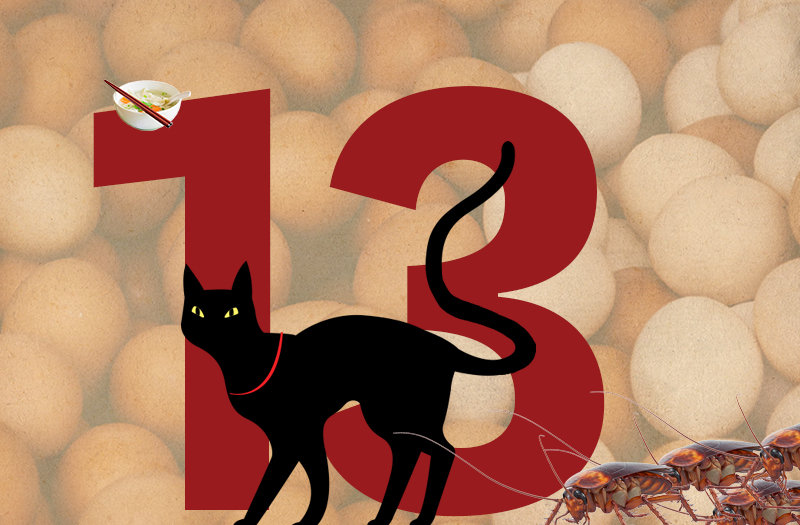 |
| Photo: USC Dornsife |
Superstition usually involves a belief in supernatural forces like fate, a desire to control unpredictable events, and a need to resolve uncertainty. Thus, superstitions are irrational and often defy science because they are based on personal beliefs and experiences.
Psychologists have found that superstitions arise from the assumption that co-occurring, unrelated events are related. Charms are believed to bring good luck or protect against bad luck.
Superstition rises during stressful times because it gives people a sense of control and reduces anxiety. This is especially true during economic and social upheaval, such as wars. Research has shown that economic threat and superstition correlated directly in Germany between 1918 and 1940.
Superstitions seem to improve mental health. They can cause irrational decisions like trusting in luck and destiny rather than sound judgment.
Superstition includes wearing charms, visiting good-luck places, preferring certain colors, and using certain numbers. Although these actions may seem trivial, they can influence real-world decisions for some people.
Sports are full of superstition, especially in competitive situations. Four out of five professional athletes report superstitions before performance. Superstitions reduce stress and give athletes control over chance factors.
This shows that superstitions can reassure and reduce anxiety in some people. While this may be true, research has shown that superstitions can become self-reinforcing because they become habits and failing to perform them can cause anxiety.
The outcome of an event or situation depends on known factors, not supernatural forces. In line with the saying, “the harder you work (practice) the luckier you get”.
5. Altruism or Selflessness
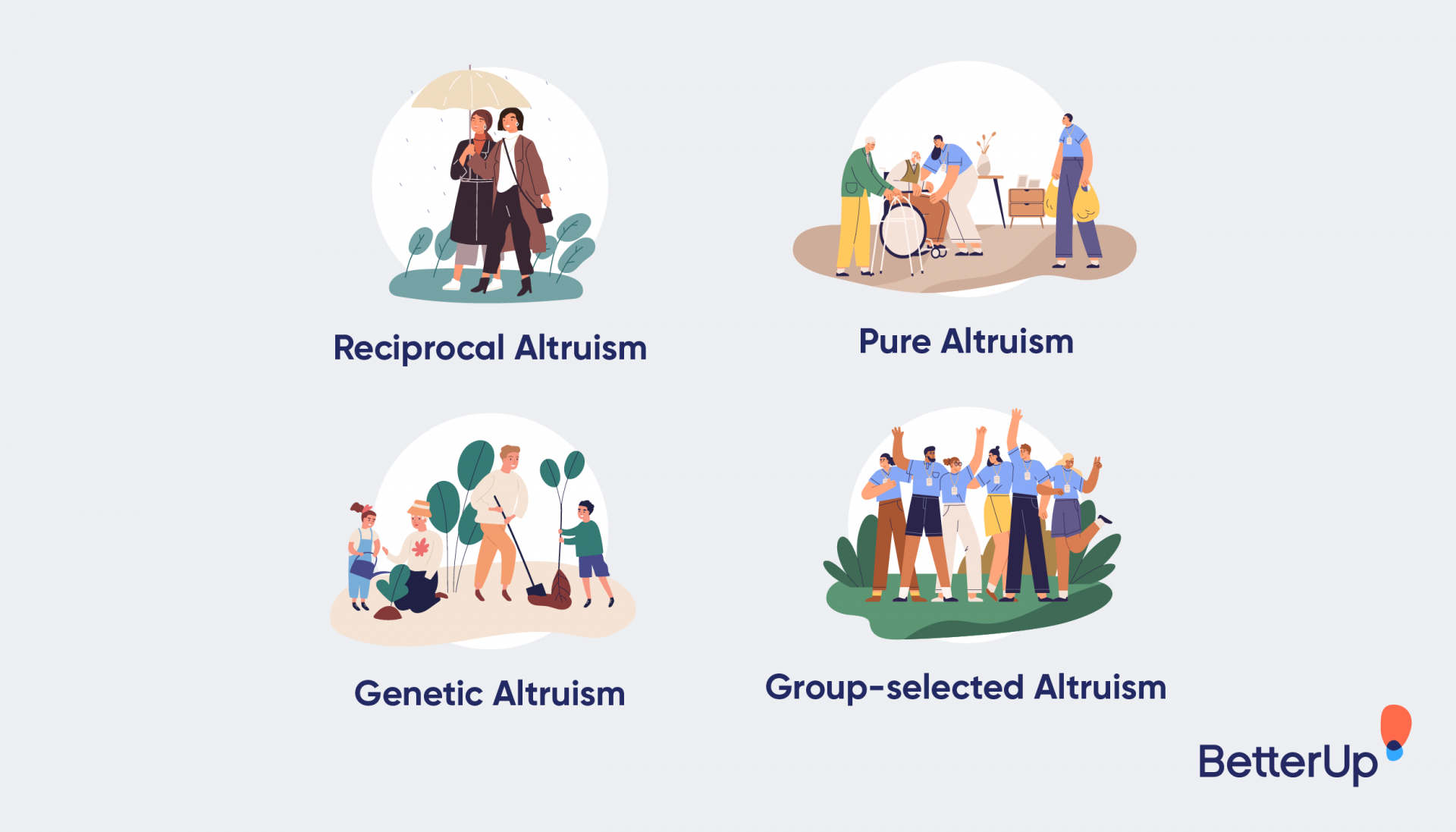 |
| Photo: BetterUp |
Humans often help strangers without expecting anything in return. Evolutionarily, this is odd. Altruistic cooperative behavior—sharing food to reduce an organism's fitness and increase another's—only makes sense when directed at genetically related organisms (kin selection) or when one can expect a favor in return. Sober and Wilson argue that Neo-Darwininian evolutionary theory should be revised. They believe human altruism evolved through group selection because altruist groups had a comparative advantage over other groups. Wilson and Sober's hypothesis has supporters but is mostly rejected. Arguments for and against group selection often lack conceptual clarity.
Why do humans often help non-kin without expecting anything in return? Evolutionarily, this is odd. Altruistic cooperative behavior—sharing food to reduce an organism's fitness and increase another's—only makes sense when directed at genetically related organisms or when one can expect a favor in return. Fisher (1930), Haldane (1932), and Hamilton (1964) explained that kin altruism increased an organism's evolutionary success by helping genetically related organisms. The second type of altruism, ‘reciprocal altruism,’ was explained by Trivers (1971) who concluded that the altruistic organism was acting in a ‘enlightened’ self-interested manner because it could expect a return favor.
Human altruism explanations are still hotly debated, but they often lack clarity. Scholars use "group selection" in different ways, making it unclear. As Maynard Smith (1998) correctly notes in his review of Sober and Wilson's (1998) ‘Unto others’, in which they develop their group selection account of human altruism, the discussion has often turned semantic, with disputants mainly disagreeing on terminology rather than processes.
4. Kissing
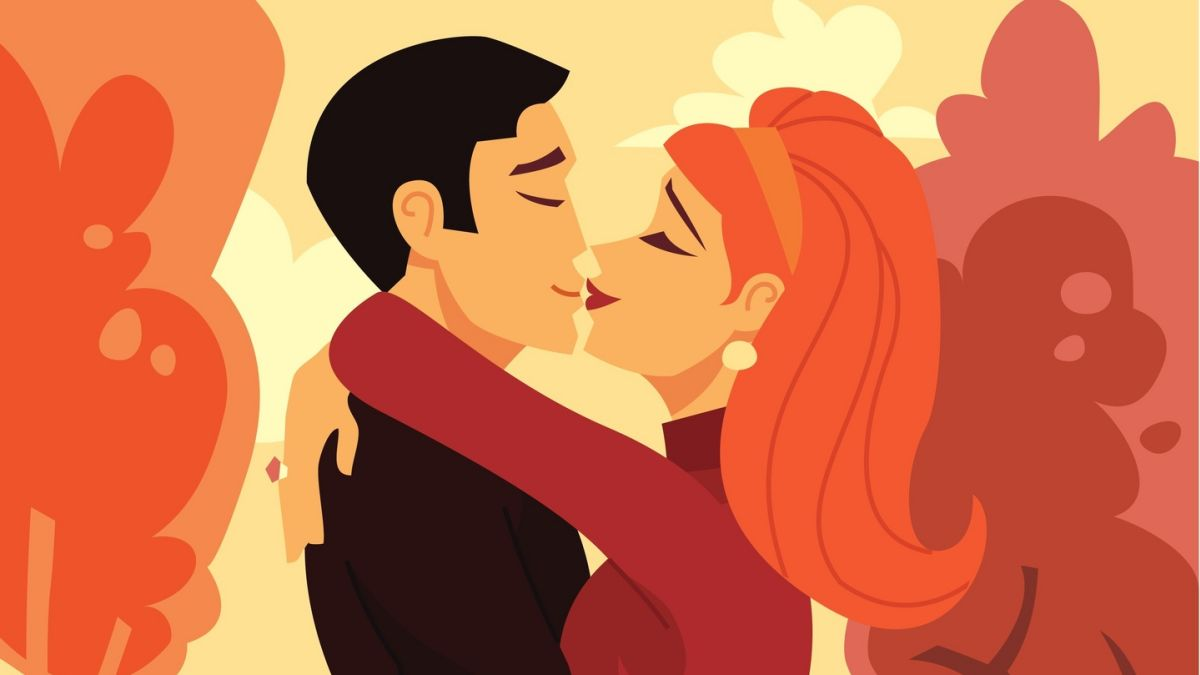 |
| Photo: The Irish Times |
Humans pucker for many reasons. We kiss for love, luck, hello, and goodbye. The ‘it feels so good’ factor also exists.
Kissing is strange when you think about it, isn't it? Putting your lips together and possibly exchanging saliva? This odd but fun behavior has a scientific explanation.
Many theories explain how and why we kiss. Since 10% of humans don't kiss and fewer kiss romantically or sexually, some scientists believe kissing is a learned behavior. Others think kissing is biological and instinctual.
Kissing feels great because of your lips' many nerve endings.
More nerve endings are in your lips than anywhere else. It feels good to press them against another set of lips or warm skin. That and the chemical cocktail released during kissing create a recipe for all the feels.
Kissing releases serotonin, along with oxytocin and dopamine, which make you feel good. Lowering cortisol makes you more relaxed, making for a good time.
Kissing feels good and is healthy. It can strengthen all kinds of bonds and connect people.
Remember that not everyone likes kissing or wants to be kissed. Always ask before you smooch, whether you're meeting a new friend, pecking a best friend, or smooching a romantic interest.
 10 Universe’s Mysteries That Science Can’t Explain 10 Universe’s Mysteries That Science Can’t Explain Universe has many interesting facts, secrets and mysteries that human has not discovered yet. Here is 10 universe's mysteries that even scientists have a hard ... |
3. Laughter
 |
| Photo: Getty Images |
Laughter is so natural that you may not realize how strange it is. Most people think laughter is an involuntary physiological response to humor. Funny things make you laugh, right? Not necessarily.
Sometimes we just smile or feel amused, but we also laugh at things that aren't funny.
People sometimes laugh at their public humiliation. Sometimes people laugh at awkward, dangerous, or tragic things. People laugh uncontrollably when recounting a horrific story that involves injury or death. Thus, laughter is not a natural response to humor.
Some theorists believe laughter releases stress, while others believe it expresses relief after danger has passed.
When you almost had an accident, you may have laughed. You laughed when everything was fine. Your laughter seemed to show your relief that everything was fine. Laughter helps people cope with stress and other negative emotions. However, this doesn't explain why we laugh more when happy than when upset.
Laughter almost always occurs in social interactions, which helps explain it. People laugh 30 times more when interacting with others, according to research.
Even humorous events are more likely to be laughed at in groups. This suggests that laughter may be a social signal rather than just an emotional release. Laughter signals what?
Conversationalists are more likely to laugh after they say something than at what others say, according to research. Thus, laughter may indicate playfulness or social bonding. Laughter may indicate a willingness to connect with others.
We rarely laugh—genuinely laugh—around people we dislike. Research also shows that laughing together strengthens social bonds. Thus, laughter may indicate a desire for social connections.
2. Blushing
 |
| Photo: Getty Images |
Charles Darwin called blushing “the most peculiar and most human of all expressions”—an involuntary reaction that only worsens an embarrassing situation. This human-only phenomenon remains unexplained by scientists.
AsapSCIENCE says blushing is a sympathetic nervous system reaction and part of the “fight or flight” response. Adrenaline increases heart rate and blood vessel dilation when you're embarrassed, improving blood flow and oxygen delivery. Human facial veins blush from adrenaline. You blush less because this response doesn't happen elsewhere in your body.
Recent studies suggest that blushing has a social function, but science may not know why this reaction is so specific. Seeing someone blushing makes people more likely to forgive and like them, according to Dutch psychologists. A test of 130 undergraduates at the University of Groningen in the Netherlands showed each subject a blushing or non-blushing woman and her “embarrassing mishap” or “social transgression.” Blushing faces were more likeable and trustworthy.
These findings show that blushing “serves to signal the actor's genuine regret or remorse over a wrongdoing,” indicating that the person recognizes the “social or moral infraction” and will likely not repeat it. Blushing lets others predict your future behavior, assuming you, like many others, dislike being embarrassed and have learned from your mistakes. Involuntary contrition appeases them, and while you may never forget your most embarrassing moments, your blushing tendencies help neutralize their impact on your social life.
1. Dreaming
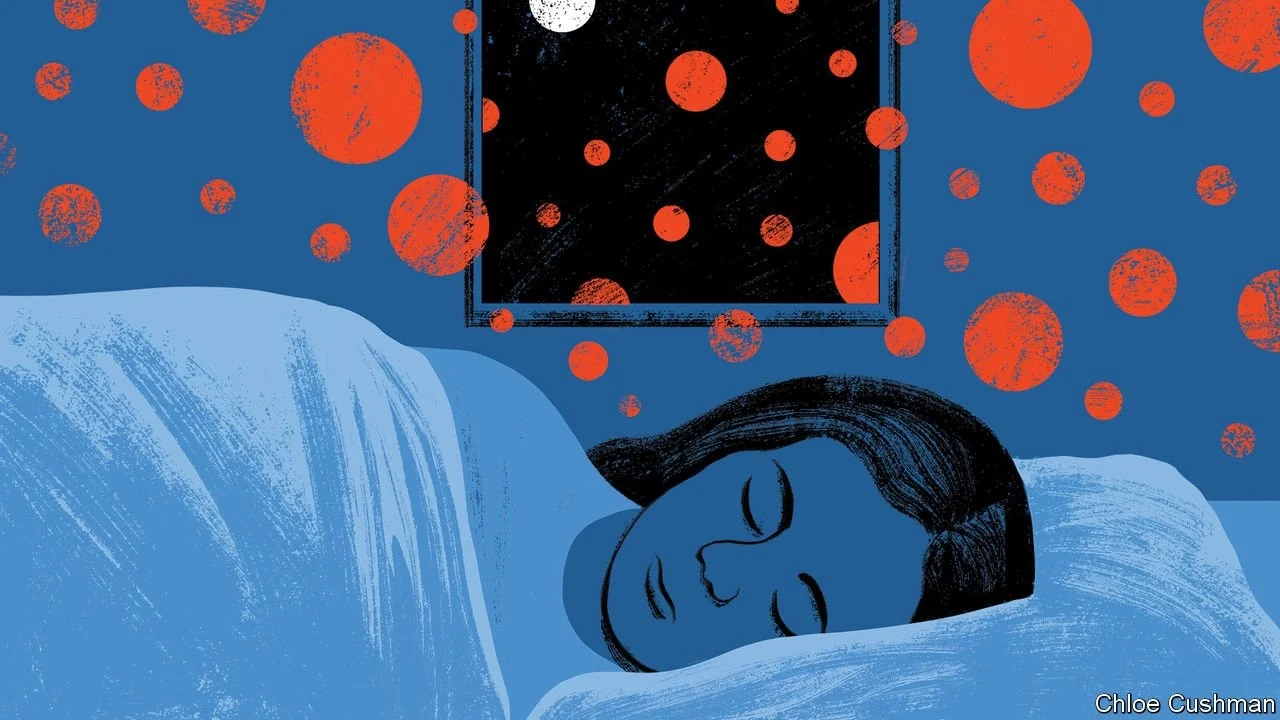 |
| Photo: Chloe Cushman |
The meaning of dreams has been debated for centuries. Early civilizations believed dreams connected us to the gods. Greeks and Romans believed dreams were prophetic. While dream interpretation has always been popular, Sigmund Freud and Carl Jung developed some of the most famous modern theories of dreaming in the late 19th century. Freud believed that dreaming helped us resolve repressed longings. Carl Jung, who studied under Freud, believed dreams had psychological significance but had different interpretations.
Since then, technology has enabled new theories. The “activation-synthesis hypothesis,” a popular neurobiological theory of dreaming, holds that dreams are electrical brain impulses that pull random thoughts and imagery from our memories. After waking up, humans create dream stories to make sense of it all, says the theory. Evolutionary psychologists believe dreaming has a purpose due to the vast documentation of realistic human dreaming and indirect experimental evidence that other mammals like cats dream. The “threat simulation theory” suggests that dreaming was an ancient biological defence mechanism that gave humans an evolutionary advantage by repeatedly simulating potential threatening events, improving neuro-cognitive mechanisms for threat perception and avoidance.
Thus, many theories have attempted to explain human dreams, but until recently, strong evidence has eluded them.
 10 Universe’s Mysteries That Science Can’t Explain 10 Universe’s Mysteries That Science Can’t Explain Universe has many interesting facts, secrets and mysteries that human has not discovered yet. Here is 10 universe's mysteries that even scientists have a hard ... |
 10 Least Common Birthdays in the United States 10 Least Common Birthdays in the United States While holidays are a popular time for baby-making, babies are less likely to be born on popular holidays. Read on to find out what are ... |
 10 Most Common Birthdays In The United States 10 Most Common Birthdays In The United States How common is your birthday in the United States? Some people have plenty of company, while others basically have the day all to themselves — ... |
 10 Least Common Birthdays in the World 10 Least Common Birthdays in the World How many birthday buddies do you have? If you were born on February 29th, not many. Of course, the limitations of that date are obvious. ... |


























